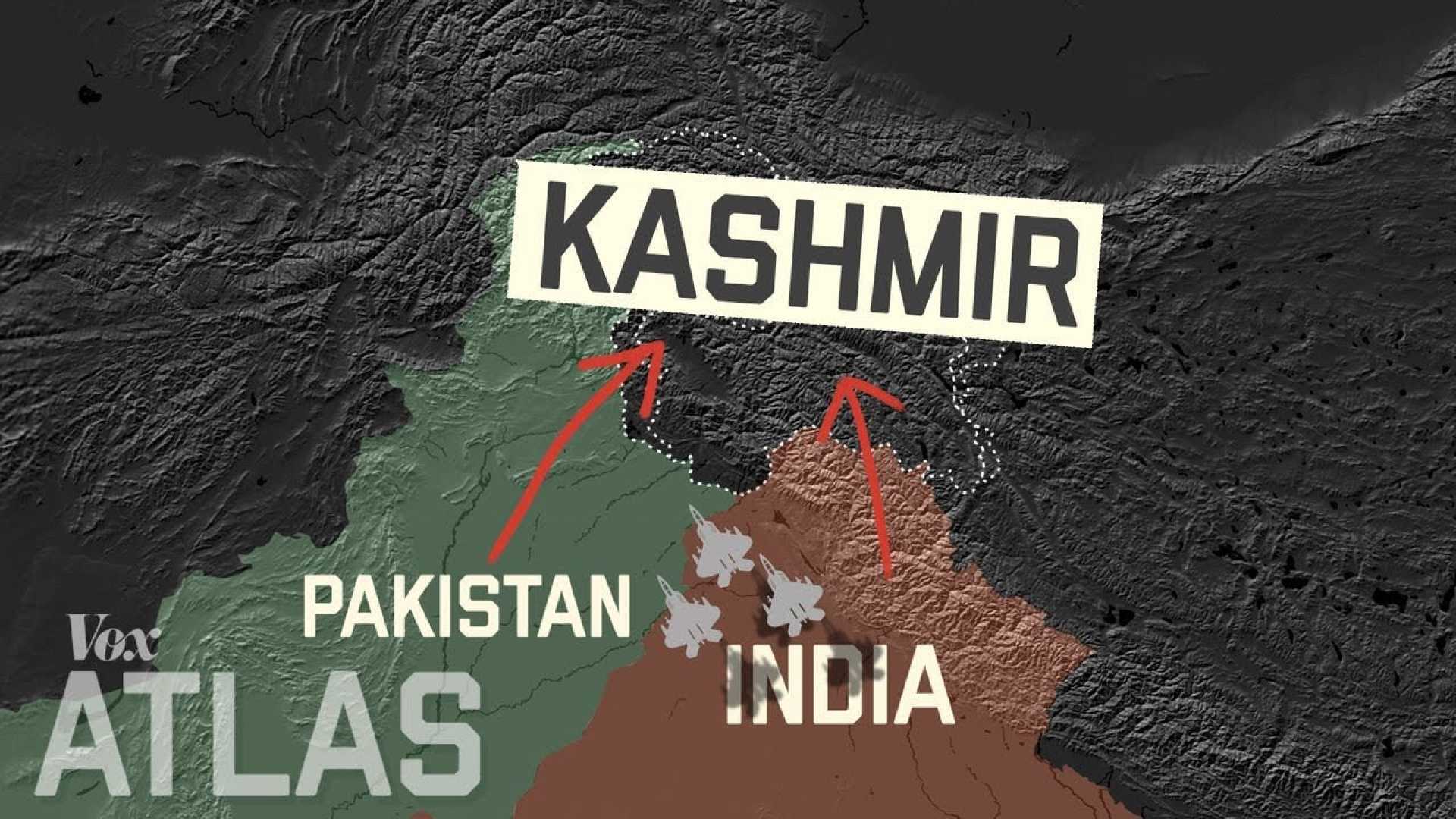World
Rising Tensions: Pakistan’s Army Chief Linked to Kashmir Attack

ISLAMABAD, Pakistan — General Asim Munir, head of the Pakistan Army, and Lieutenant General Muhammad Asim Malik, faced allegations of involvement in a terrorist attack that killed 26 people in Pahalgam, Kashmir, on April 22, 2025. The attack, which predominantly targeted tourists, has heightened tensions between Pakistan and India.
Security sources indicate that the attack may have been orchestrated as a strategy by Munir and Malik to reinforce their standing amid significant internal criticism. The violent incident drew a harsh response from both Pakistan and India, escalating an already fraught situation.
Munir, criticized for his leadership style and controversial ascent to power, made an alarming address to troops following the attack. Speaking from a tank during a military exercise, he conveyed that any “military misadventure” by India would face a “swift and notched-up response,” asserting the military’s commitment to defending Pakistan.
While Malik may not have been informed about the specifics of the timing or location of the attack, insiders suggest he was aware of the potential for an assault targeting tourists. This highlights concerns regarding military leadership leveraging conflict to distract from domestic issues.
The backdrop of this crisis includes ongoing unrest in Pakistan following the arrest of former Prime Minister Imran Khan in 2023. Reports surfaced that in a private meeting, Munir threatened the families of dissenters, revealing his anxiety about his command and possible repercussions from Khan’s supporters.
Munir’s tenure as chief of the army was contentious, having received an extension when he was expected to retire in late 2022. His previous role leading the Inter-Services Intelligence (ISI) came to an abrupt end after Khan expressed doubts about his loyalty, leaving him vulnerable to internal dissent.
In response to the Pahalgam incident, Munir’s rhetoric has adopted a more aggressive tone, invoking religious themes to frame the conflict with India. He has urged citizens to understand the “stark differences between Hindus and Muslims,” positioning the Kashmir issue as integral to Pakistan’s national identity.
In retaliation, Indian Prime Minister Narendra Modi has pledged to locate and punish those accountable for the attack, characterizing Pakistan as the “epicenter of global terrorism.” This antagonizing sentiment has driven diplomatic relations further apart.
The military readiness of Pakistan has been underscored with recent missile tests, and international concern has mounted. Iran’s foreign minister visited Islamabad, aiming to mediate between the two nuclear-armed rivals, while airlines such as Air France and Lufthansa altered flights to evade Pakistani airspace.
Analysts observe Munir’s hardline approach diverges sharply from the previous army chief, stirring fears of escalating conflict that could spiral out of control. The Pahalgam attack has intensified military focus on India while exposing rifts within Pakistan’s leadership.
As diplomatic discussions take place, the dynamic relationship between military leadership and government authority in Pakistan remains under scrutiny. Munir’s connections to influential government positions have raised questions about his ascent within the military hierarchy.
The international community watches closely as both nations, both possessing nuclear capabilities, tread dangerously close to a broader conflict.












